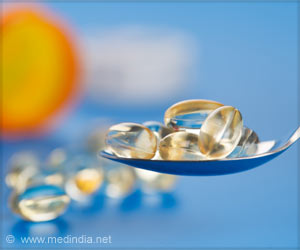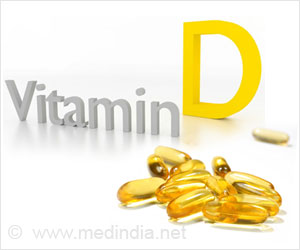Low levels of vitamin D may not only affect your bones but may also affect your cardio health and increase the risk of heart diseases.

‘New study finds that people with vitamin D deficiency have twice the risk of heart disease and higher blood pressure, as compared to those with normal levels of vitamin D.’





In addition, vitamin D deficiency is recorded by an estimated 23% of people in Australia, 24% of people in the US, and 37% of people in Canada. Vitamin D and Heart Health
The large-scale Mendelian study utilized information from up to 267,980 individuals to establish the connection between CVD risk and vitamin D levels. The study team has now discovered the genetic evidence for the role of vitamin D deficiency in cardiovascular disease.
“Severe deficiency is relatively rare, but in settings where this does occur it is very important to be proactive and avoid negative effects on the heart. For example, deficiency can be a problem for people living in residential care who may have limited exposure to sun. Understanding the connection between low levels of vitamin D and CVD is especially important, given the global prevalence of this deadly condition,” says Chief investigator, UniSA’s Prof Elina Hyppönen.
It is found that people with vitamin D deficiency have twice the risk of heart disease and higher blood pressure, as compared to those with normal levels of vitamin D.
Advertisement
Source-Medindia














